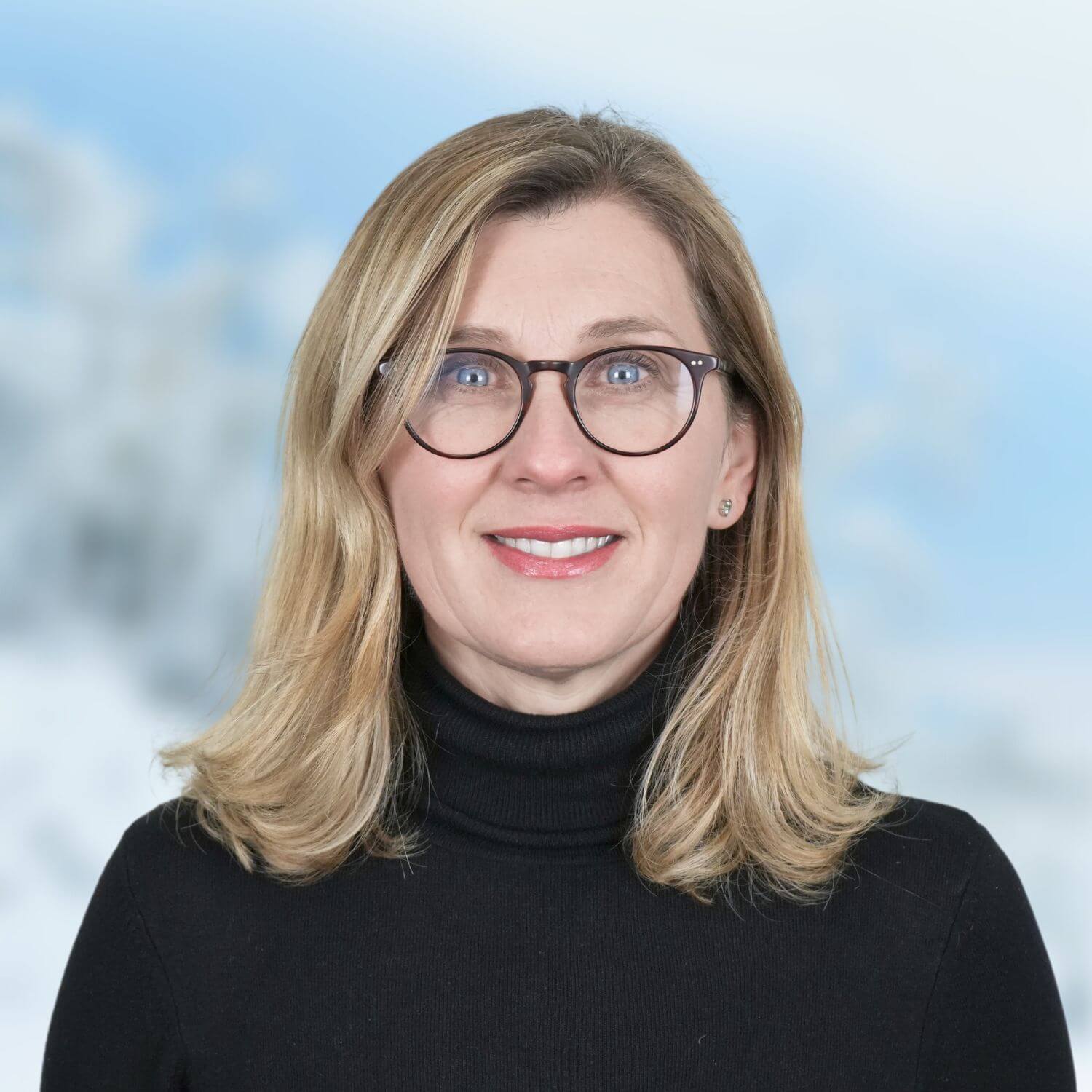Navigation auf uzh.ch
Alumna

Rebekka Habegger, Placemaking
Rebekka Habegger is 35 years old, studied civil engineering at ETH Zurich and then worked for six years in the planning of building construction and infrastructure projects. She has been working as a senior consultant in real estate consulting at Wüest Partner in Zurich for almost two years. She is also a volunteer on the national board of the "Network Women and SIA" of the Swiss Society of Engineers and Architects, where she co-represents the Zurich regional group. The network connects and promotes working women in the construction industry. Rebekka Habegger attended the "Placemaking" compact course to gain new impetus for her professional work. (Photo: © Mali Lazell)
What issues are currently affecting the real estate sector?
The market environment has changed with rising interest rates, which have altered the willingness to invest. Conditions on the construction market have become more volatile due to global political uncertainties, rising prices and supply bottlenecks. In addition, there are currently numerous issues surrounding sustainability. Buildings are major emitters of CO2 and gray energy and there is still some homework to be done here. There are many efforts in this area that are now slowly being implemented. And rightly so, because the industry has a great responsibility and must make its contribution.
Is this awareness new?
There has long been an understanding of the issue of sustainability and there are innovative investors who consciously pursue sustainable goals. But it is very difficult to be specific here. In the end, it is the cost calculation that counts. And because CO2 and grey energy do not have a price - or not as high a price as they should - sustainability is sometimes simply a narrative that is served. There is movement on the topic, but implementation is rather sluggish.
How did you come up with the idea of attending the "Placemaking" course?
CUREM covers exactly the topics that I deal with on a daily basis, which is why I went there to find out about further training opportunities. And the course "Placemaking" appealed to me, as I had recently dealt with this topic myself. We advised a developer who was building on a large site. The owners were thinking about how they wanted to use the first floor. They were asking themselves what offers needed to be created so that people who work on site have complementary and attractive usage options that radiate beyond the building and increase the attractiveness of the location. After all, the perceived attractiveness of a location also increases the value of a property - all issues that play into the topic of placemaking. For this reason, the course piqued my interest and I was excited to learn new background information on this topic.
What did you particularly like about this course?
I found the composition and size of the group optimal, there were interesting people and there were many exciting discussions among the participants. The course leader and the speaker Hans Karssenberg were very committed. They provided good illustrative material and further documentation and organized several excursions. They were actively interested in the exchange and experiences of the participants. The course also addressed certain ideological issues, which I think are important to discuss and reflect on. Of course, putting these topics into practice is another matter. But I found it useful and very exciting to deal with them. Overall, it was a very varied and entertaining training course.
What key takeaway do you have from "Placemaking"?
One term that I particularly remember is "flat facade disease". It means that there is often a tendency in the urban planning context not to create accessibility via the first floor of new buildings. Instead, the building is self-contained, which means that many opportunities for exchange, as an interface to the public space, are lost. And making the problem tangible with this term made a lot of sense to me.
Can you apply the newly acquired knowledge in your professional activity?
Yes, of course. I don't have a specific placemaking project on the table at the moment, but I received a lot of information on the course and learned about tools that I can use for analyses, either as a guide or as a pool of ideas.
Would you recommend the "Placemaking" course and if so, to whom?
"Placemaking" is particularly exciting for people who are thinking about project and neighborhood developments, i.e. who are looking for ways to actively shape and curate them. The course provides helpful impulses for this. The profitability analysis of place-making measures was somewhat neglected. I am therefore all the more pleased that we will be able to make a contribution to this with Wüest Partner at the upcoming course in spring 2024.
Thank you very much, Rebekka Habegger!
(Here you will find more information about the compact course "Placemaking".)
Do you have questions?

Lilli Kosch
Real Estate & Urban Management
Contact the team


